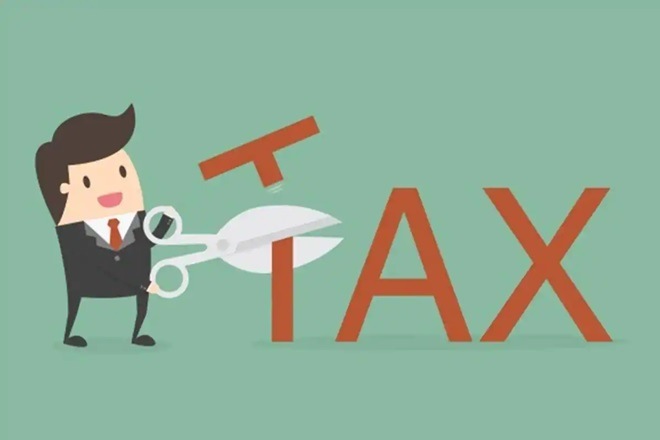The tax savings season is coming to an end and if you are still waiting to catch the last bus, you need to be extra careful with the selection of tax-saving investments. The benefit of saving tax should be considered only incidental to your choice of investment. Although there are several tax-saving investments such as PPF, NSC, ELSS, Ulips, life insurance endowment plans, term insurance plans etc, the choice needs to be such that it helps you meet a long term objective. Here are five key tax saving investment tips keeping in mind the recent changes in the tax laws.
Regular contributions
The new tax regime is optional in the financial year 2020-21. If you opt for it, the choice of tax saver for the current FY 2019-20 needs to be made carefully. If you happen to pick life insurance plans, the tax benefit on the premium will not be there for you in next FY. Make sure, the sum assured is 10 times of premium to ensure that the maturity amount remains tax-free. Also, life insurance is a protection tool, hence, buy adequate life cover without the concern of tax savings.
Similarity, SSY, PPF will require you to contribute regularly till the defined term. Even if you opt for the new regime next FY, the savings in these should not be jeopardised.
Tax saving mutual funds
Tax saving mutual funds or ELSS may still be a suitable market-linked option for generating inflation-adjusted returns over the long term. Most ELSS schemes are diversified across industries and market capitalization. Choose 1-2 ELSS schemes with consistent long term performance rather than merely looking at their short term returns. After the lock-in period of 3 years, one may continue with the scheme for meeting goals which are 5 to 7 years away.
Taking home loan
If you are considering to take a home loan on your first home purchase, there are tax benefits attached to it under Section 80EEA. The additional deduction of Rs 1.5 lakh for the interest paid on the home loan for residential house property is over and above Rs 2 lakh Section 24 of the I-T Act. The total amount of deduction available to the taxpayer will, therefore, become Rs 3.5 lakh a year. The loan is to be sanctioned by the financial institution during the period beginning on the 1st April 2019 to 31st March 2020 and the stamp duty value of house property should not exceed Rs 45 lakh.
Tax saving in tax-free products
If in the FY 2020-21, you opt for the new tax regime, it’s better to invest your savings in tax-free investments. Your savings can, therefore, be diversified across PPF, ELSS( gains from equity are tax-free up to Rs 1 lakh a year), ulips, SSY and other such investments. As the income earned is tax-free it does not add to your tax liability.
Investment proofs
If you haven’t been able to submit any investment proof to your employer, its better to claim it while filing the ITR. Further, one can also avail deduction for donations made till March 31 and reduce tax liability.

